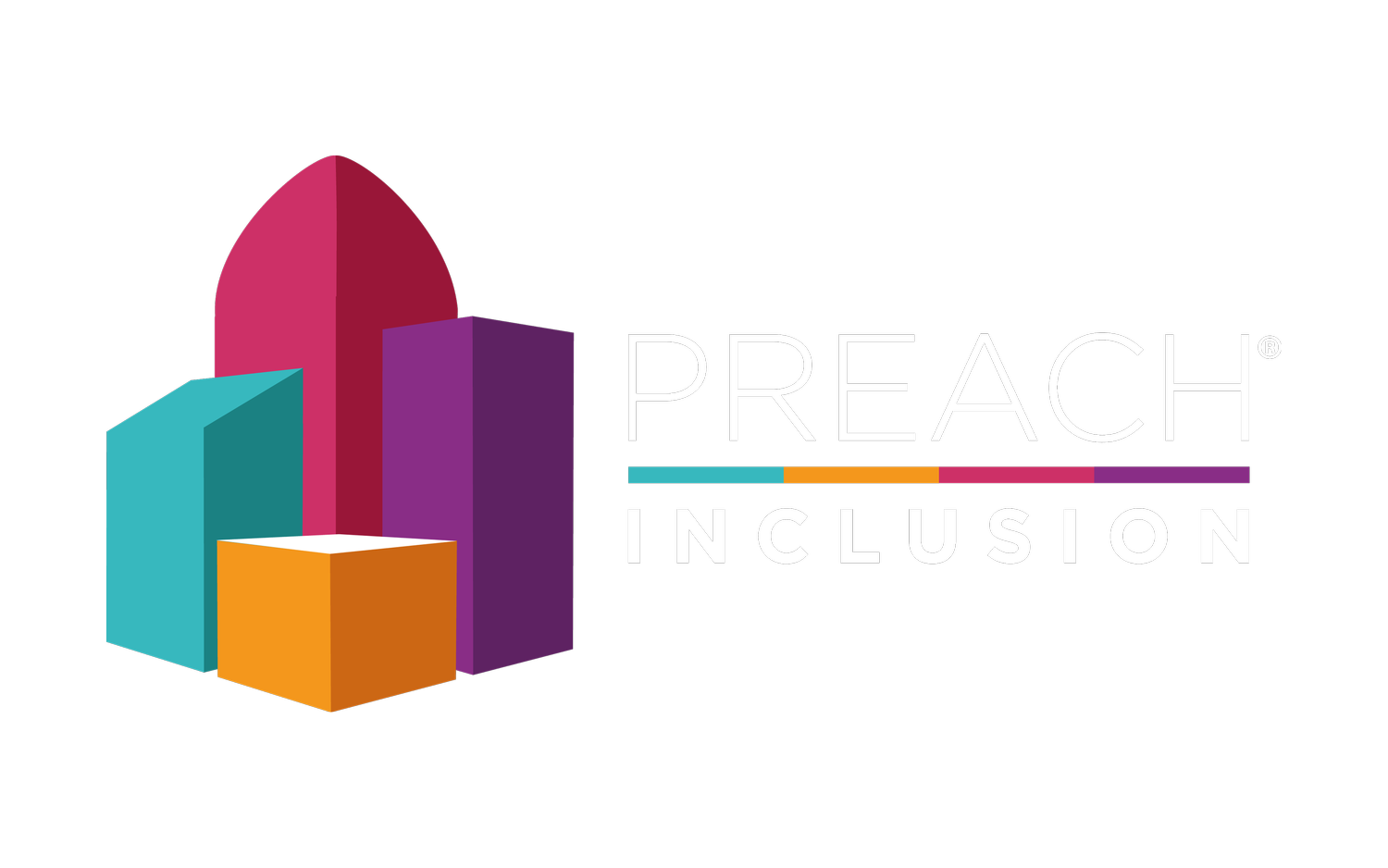Take Action Make Impact: How to ensure your DEI policies are sustainable
Please note that this article was published prior to the new brand name of PREACH Inclusion® on 25 April 2024, so you will notice references to BAME in Property.
National Inclusion Week takes place from 25th September – 1st October and this year’s theme is ‘Take Action, Make Impact’. The theme was inspired by some of the momentum of the theme from NIW 2022; ‘Time to Act: The Power of Now’, which centred around encouraging immediate action – not next month or next year, or in six months, but now. You can read more about last year’s theme and our tips HERE.
But as we know, DEI is long term and while there are some policies you can implement immediately, most require constant and consistent action. And when you’re thinking ‘long term’, you’re going beyond the virtue signalling that many organisations unfortunately end up doing.
That is why, we’ve put some suggestions together for you to think about, considering:
- Why are you implementing a policy?
- Are you being authentic and genuine?
- Who is benefitting from the policy?
Below are some tips to help ensure your DEI policies are sustainable and really do make an impact.
- Think about intersectionality in your approaches, recognising that every individual has multiple layers to their identity – the visible, and the non-visible. Underpinning your approaches will be race, which forms the foundation of DEI.
Be consistent – if you’re collecting data, then explain why you are doing this? How you are going to do it and what will happen after you have the results? One of the biggest areas where companies go wrong with data collection is not sharing the results (good or bad) with their employees. This not only reduces transparency within the organisation, but it creates a culture where people don’t want to share any further information because it appears nothing is being done about it.
The more data you collect, the more you will need to analyse – so only collect data you know you have the time to dissect and track properly.
- If you’re celebrating a festival or cultural awareness day, have you consulted on any messaging or plans with people from specific ethnic or religious groups? Conscious leaders acknowledge their limitations and allows those who know better to lead.
If you’re introducing a new initiative, how are you measuring its progress? You could set up a Diversity Taskforce, which brings together senior managers and directors regularly to check the initiative is working, gather feedback from others, present the outcomes after 6 months or a year, and recommend further action.
Alternatively, you could seek external DEI support to help you keep on track with your policies and provide expert guidance and advice.
- Supporting your internal diversity networks or ERGs by providing:
An executive sponsor – All diversity networks need to have an executive sponsor, ideally someone who identifies with that group’s lived experience i.e., ethnic minority, LGBTQ+ etc., as this will enable them to support and empathise with conversations.
An executive sponsor’s role and seniority allows them to pass issues onto the wider executive team, determine budget and ensure actions are moving forward. It also demonstrates to members and the wider company that the diversity network is a serious initiative, with backing from those at the top.
- Sufficient resources and budget – Without these, many ERGs are merely ‘talking shops’, with lots of nice ideas not materialising. This can cause the group to lose momentum and individuals within these to feel frustrated and unsupported.
- Sufficient time within their working week to participate in the group – your employees shouldn’t be working on ERGs during lunch hours or after work. If their involvement in DEI is supporting overall company objectives (which it likely is), then consider reducing their workload by X% to give them meaningful time to participate in these activities, just as you would for Business Development.
- Recognition of their contributions by senior leaders – this could be in Appraisals, Personal Development Plans and/or remuneration for their time.
Want to learn more about having effective internal diversity networks? Read our detailed guidance HERE.
- Continuously do the homework. Events and workshops help, but Google is at your disposal, and use it to learn and unlearn things to make you anti-racist and a better ally.
“To be anti-racist is to be an ally (verb) – it means you are actively striving to do better, to unlearn things that are wrong and educate yourselves on how to improve. It is simply not enough to be not racist.”
If you need any assistance with your DEI approaches, please contact us on hello@bameinproperty.com to find out more about our services and/or corporate packages.
